We’ve all heard the various myths surrounding the magical power that a full moon possesses (werewolves, anybody). Now while we’re not one to get tangled up in superstitions, two new studies suggest that the moon having an effect on us is more than an old wives tale.
The Full Moon, Your Sleep and Menstrual Cycles
Your menstrual cycle during a full moon
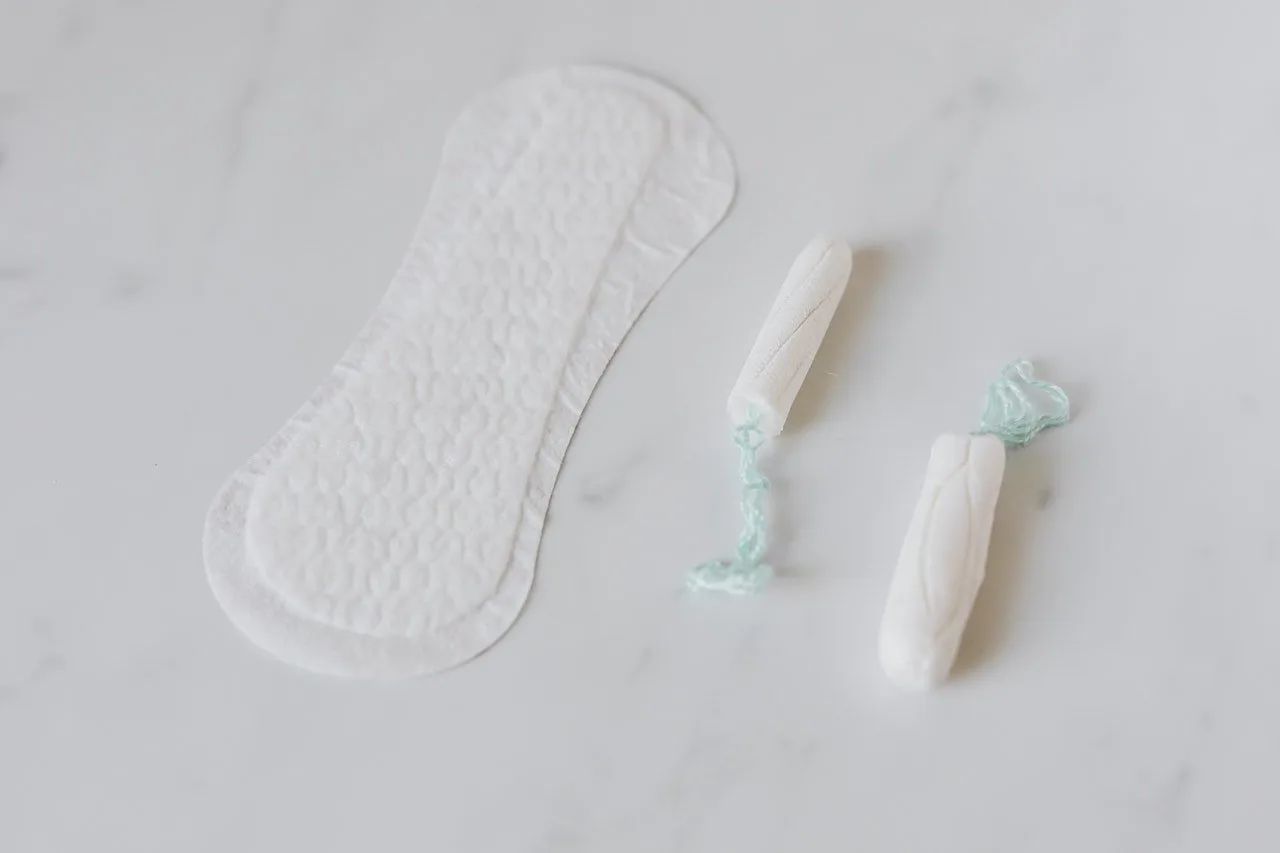
Photo by Karolina Grabowska from Pexels
There’s been various literature looking at the link between the moon and a woman’s menstrual cycle. Many mythical tales suggest that a women’s fertility often peaks during a full moon. Now, while there still needs to be more research done, a new study has seemingly confirmed that there may be a strong link between a women’s menstrual cycle and the moon.
The study
The study, published in Science Advances, asked 22 female participants to keep menstruation diaries, which they did for an average of 15 years, and up to 32 years. The researchers, led by the chair of neurobiology and genetics at the University of Würzburg, Charlotte Helfrich-Förster, then compared this data with fluctuations in the lunar cycles to see if there was any correlation between the two.
The results
According to a statement from the researchers, the study found that menstrual cycles synchronized with moon cycles.
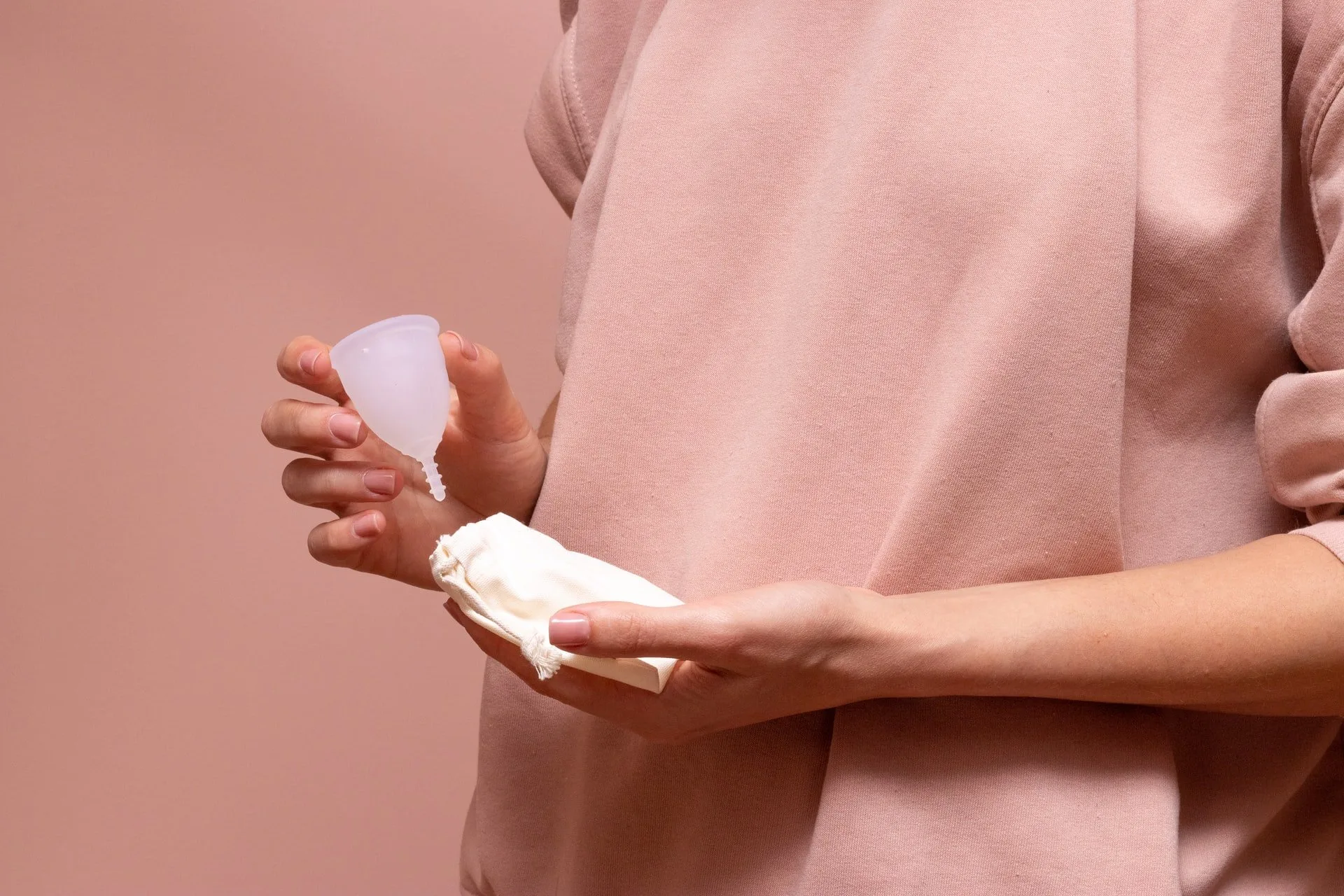
Photo by Oana Cristina on Unsplash
Specifically, the study found that in women aged 35 or younger, their cycles synced up with the moon phases about 24% of the time. That said, the researchers also noted that synchronization slowly disappeared over time as the women grew older, and found that the link lessened as a result of increased exposure to artificial light.
Full moon and sleep cycles
It appears that menstrual cycles aren’t the only thing that can be altered or affected by the moon.
The study
The study, published on the 27th of January, involved researchers analyzing the sleep patterns of 98 people from the Toba Indigenous communities located in northeast Argentina. One group was rural, with no access to electricity, the second had limited access to electricity and the third was located in an urban setting with full access.
According to study co-author, Horacio de la Iglesia, their reason for this was because “they are all ethnically and socioculturally homogeneous, so it has become an outstanding opportunity to address questions about sleep under different levels of urbanization without other confounding effects.”
In addition to collecting data through the use of sleep-monitoring wrist devices, the researchers also used sleep data from 464 college students in the Seattle area. It should be noted that the college student data had been originally collected for a separate study.
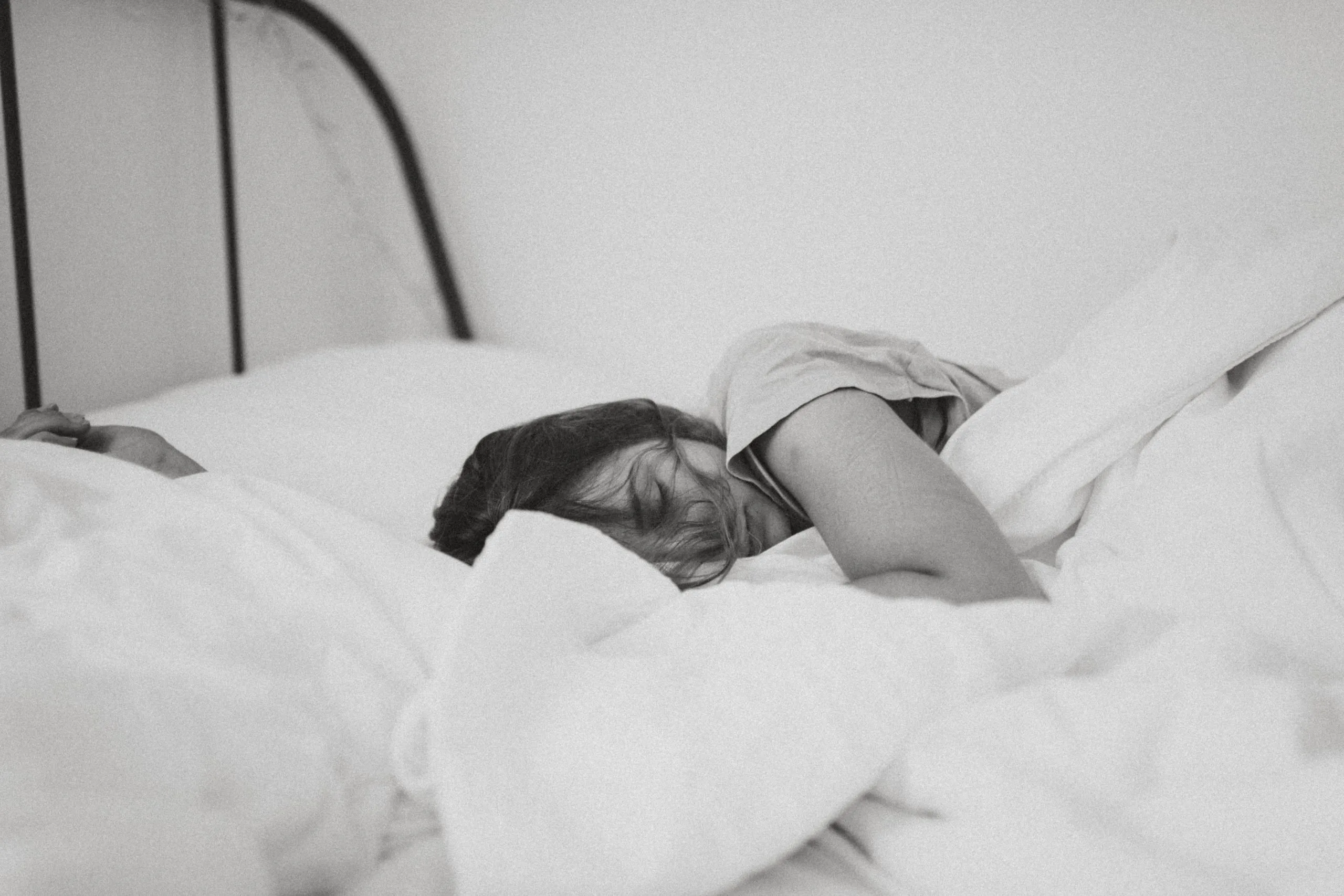
Photo by Kinga Cichewicz on Unsplash
The results
The study found that, during a full moon, participants slept for an average of 19 minutes less. That said, they also took five minutes longer to fall asleep than they did when there was a new moon. In fact, the data revealed that it took people, on average, 30 minutes longer to fall asleep. Moreover, they slept for 50 minutes less on nights leading up to a full moon.
What does this mean?
Unfortunately, the researchers are just as stumped as we are.
“The main limitation is that we cannot establish causality,” de la Iglesia said. “We have no idea how the moon is doing this to us.”
That said, de la Iglesia does have a theory.
“It turns out that the nights that precede the full moon are the nights that have more moonlight availability on the first half of the night,” de la Iglesia said, “So if you are awake, you will be kept awake by this availability of moonlight during the evening.”
Perhaps this is why it’s so important to avoid blue light the closer you get to your bedtime?
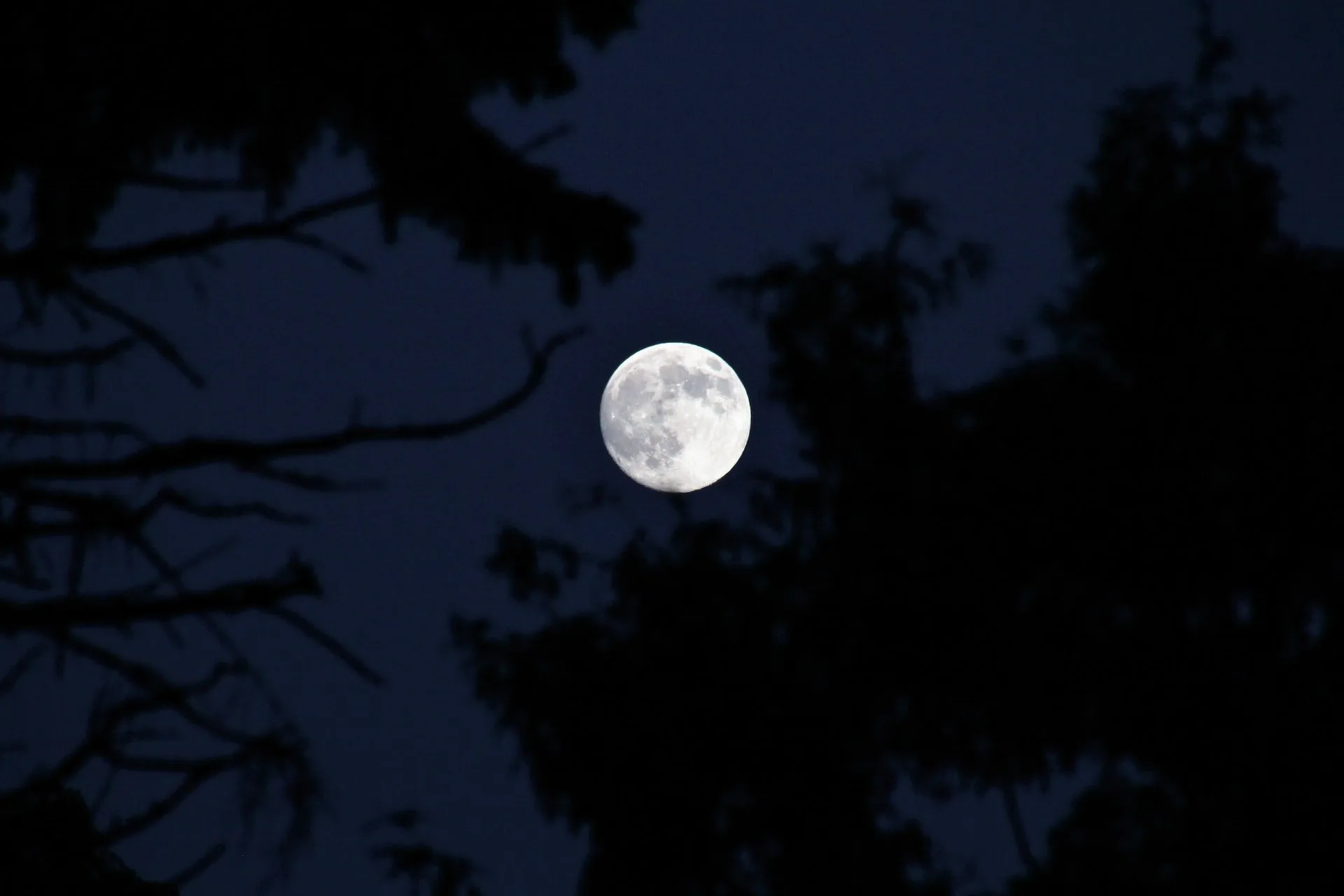


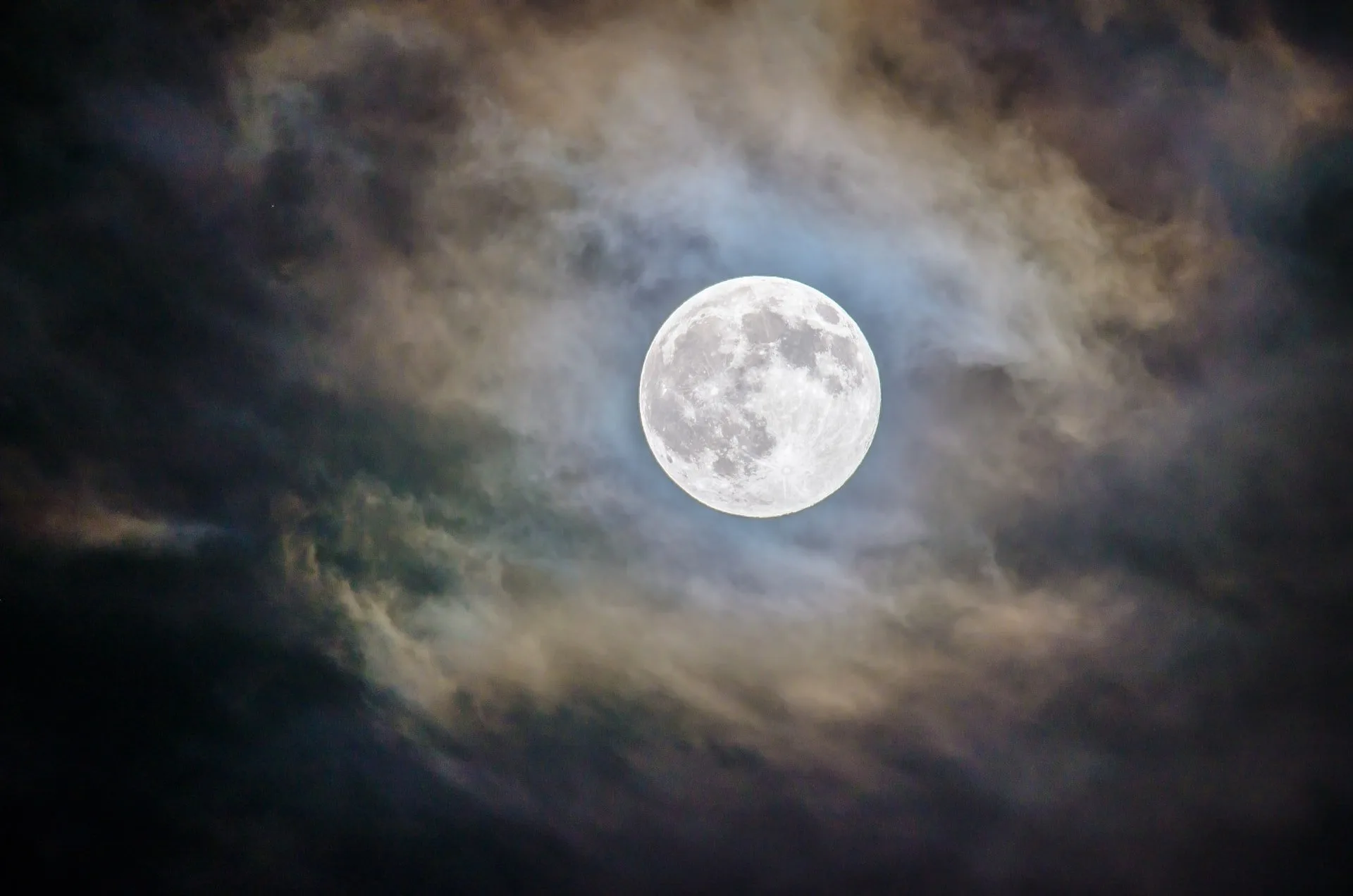
![women [longevity live]](https://longevitylive.com/wp-content/uploads/2020/01/photo-of-women-walking-down-the-street-1116984-100x100.jpg)










